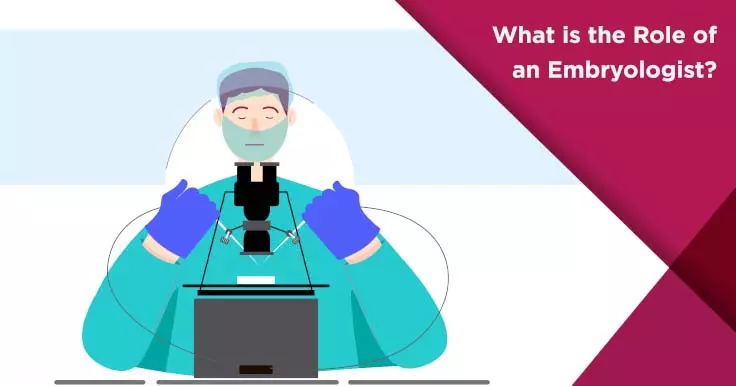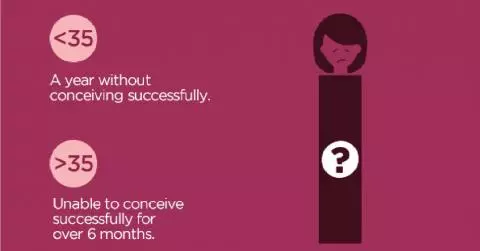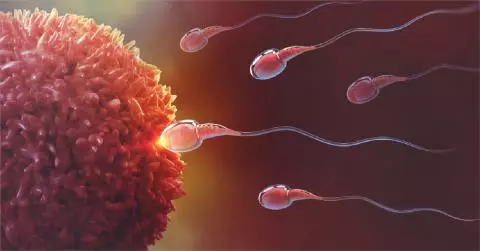Role of the Embryologist in IVF: Importance and Responsibilities

Couples undergoing IVF usually interact with the doctor handing their case. However, he/she is not alone in helping them have a baby. An embryologist too plays a key role in IVF treatment. The embryologist works behind the scenes to help with all the different stages of IVF from the retrieval or eggs to the development of an embryo and its transfer to the womb.
An embryologist is not a doctor but has a specialised skill set that enables him/her to work with delicate cells such as sperm and eggs. An embryologist plays an important role in every stage of IVF treatment.
1. Egg Retrieval
When follicles in the ovary have matured, they are harvested with the help of a catheter (needle, not catheter). A doctor removes follicular fluid that contains these eggs for the ovaries. The embryologist then isolates eggs from this fluid and prepares them for the next stage of treatment.
2. Embryo Development
The embryologist then introduces sperm to the egg to create an embryo. In the case of specialised procedures like ICSI, the embryologist uses micromanipulation to insert a single sperm into the egg. This is done in cases of extreme male infertility.
3. Embryo Transfer
The embryo reaches a multiple cell stage in about 5 days. This is when 1-2 embryos may be transferred to the woman’s uterus. The embryologist selects the embryo and loads it into a catheter so that the doctor can place it in the uterus.
4. Embryo Freezing
Embryologists use a special process known as cryopreservation to freeze healthy embryos. This process does not allow ice crystal to damage the embryo and stops the biological activity in the embryo until it is thawed at a later date.
Embryologists are also involved in embryo biopsies and genetic tests such as PGD and PGS.
 Infertility Counselling
Infertility Counselling Female Infertility Treatment
Female Infertility Treatment Andrology Treatment
Andrology Treatment Fertility Enhancing Surgeries - Female
Fertility Enhancing Surgeries - Female Fertility Enhancing Surgeries - Male
Fertility Enhancing Surgeries - Male Endoscopy Treatment
Endoscopy Treatment IUI Treatment
IUI Treatment IVF Treatment
IVF Treatment ICSI Treatment
ICSI Treatment Advanced IVF Solutions
Advanced IVF Solutions Embryology
Embryology Vitrification Egg, Embryo, Sperm Freezing
Vitrification Egg, Embryo, Sperm Freezing Preimplantation Genetic Testing (PGT)
Preimplantation Genetic Testing (PGT) Donation Program Embryo / Egg / Sperm
Donation Program Embryo / Egg / Sperm Self-cycleTM IVF
Self-cycleTM IVF

 Self-cycleTM IVF
Self-cycleTM IVF









